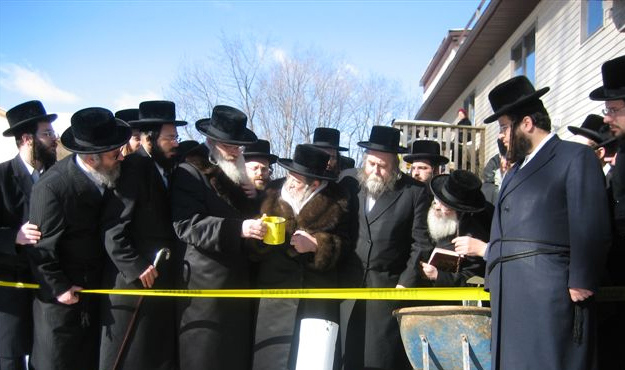
Paul’s Penetration Into Jewish Culture
Verse 19 succinctly expresses Paul’s strategy and goal: I have made myself a slave to all, that I might win the more. This is the crux of Paul’s missionary method, to which we will return. But first we will survey how Paul sought to penetrate into the several cultural settings in which he brought the good news of reconciliation with God in Christ.
Verse 20 speaks of his penetration into Jewish culture:
And to the Jews I became as a Jew, that I might win Jews; to those who are under the Law, as under the Law, though not being myself under the Law, that I might win those who are under the Law.
The surprising word here is the adverb as (ὡς). Paul became as a Jew? Was Paul not a Jew? Could he not, if he desired, even “boast” of his ethnic status (Phil 3:4-6)? Yet Paul, the paradigm of Jewish pedigree and achievement, had to undergo a cross-cultural experience in order to communicate the gospel to his brethren [his] kinsmen according to the flesh (Rom 9:3-5). Why? Because as an apostle of Jesus Christ, as an ambassador of gospel reconciliation, Paul was a citizen of God’s Kingdom, and he no longer regarded even himself according to the flesh (2 Cor 5:16). Although he is genetically a Jew, he had to reach across cultural boundaries in order to win Jews.
Gordon Fee suggests that Paul’s epexegetical to those who are under the Law narrows Paul’s focus from racial pedigree to ceremonial purity, which could include Gentile proselytes within his compass.4 Paul willingly reached across the borders of Christ’s Kingdom into the culture of the Old Covenant ceremonialism. We read of how he had Timothy circumcised so as to mitigate unnecessary Jewish offense (Acts 16:3). In the midst of his second missionary journey, he took a Nazirite vow (Acts 18:18). Yet, when he returned to Jerusalem with the contributions of the Gentile churches to alleviate the famine gripping the church in Jerusalem, James informed him that some were accusing him of instructing the Diaspora to forsake Moses, telling them not to circumcise their children nor to walk according to the customs (Acts 21:21). So Paul became as under the Law, that [he] might win those who are under the Law and he complied with James’ ill-conceived advise and took a vow to undergo a seven-day ceremonial purification rite in the temple for which he shaved his head and financed the required sacrifices for himself and four other men (Acts 21:23-26). Paul never taught Jews not to be Jews. He did teach, however, that Old Covenant ceremonial ritual cannot justify since it was but a type which is fulfilled in the sacrificial death of Jesus. But in order to win those under the Law, Paul could comply with Jewish social norms and abstain from foods and engage in cultural customs which made him appear to be behaving just like other Jews, but Paul’s motivation was entirely different: he is not [himself] under the Law. They were abstaining from certain foods because they were yet under the Law. “Paul abstains because he loves those under the law and wants to win them to Christ. Despite appearances, the differences are as night and day.”5
4. Gordon D. Fee, The First Epistle to the Corinthians (Grand Rapids, MI: Eerdmans, 1987), 428-429.
5. Ibid., 429.
